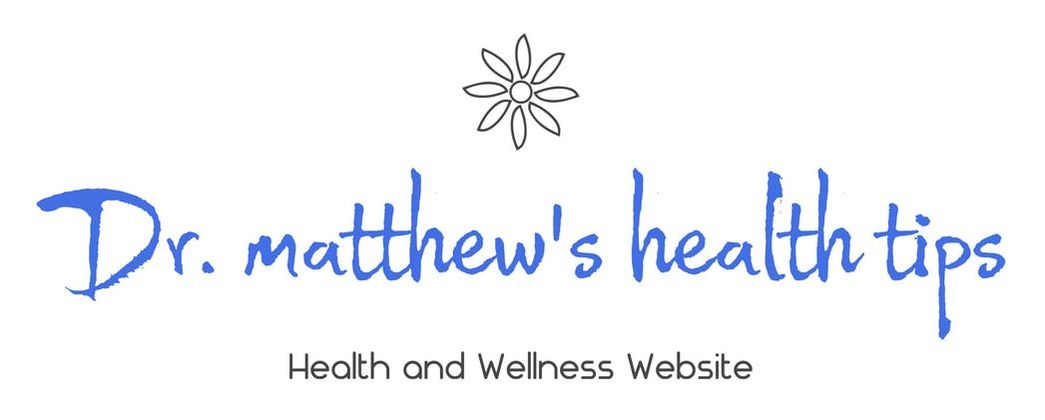|
Gastroesophageal Reflux Disease (GERD) is a digestive disorder and occurs when stomach contents flow backward into the esophagus. In normal digestion, a muscle at the lower end of the esophagus opens up to allow food to pass down into the stomach and then closes to prevent food and stomach acid from flowing backward. However with GERD, this muscle becomes weak or relaxes inappropriately and allows some of the stomach's contents to flow up into the esophagus. Typical symptoms include heartburn and regurgitation. Some persons experience symptoms after large meals, after high-fat meals, or after bending or lying down.
Some persons suffer from GERD and may be unaware that they do. This may be because they have atypical symptoms such as chest pain, chronic cough, recurrent laryngitis and recurrent sore throat. However, some persons with GERD have no symptoms at all. If left untreated for a long time GERD can lead to esophagitis (inflammation of the esophagus), esophageal strictures (narrowing of the esophagus) and Barrett’s esophagus (a change in the lining of the esophagus, which at worse could lead to cancer). See a doctor if you have any of the following “alarm symptoms”, which could indicate that you have complications of GERD: difficult swallowing, pain on swallowing, early satiety, vomiting blood and weight loss. Below are a few tips to better manage GERD. Lifestyles modifications Studies show lifestyle modifications might not only treat GERD but may be able to prevent it. Tip#1: Pay attention to your meals.
Pay attention to the way you sleep.
Tip#3: Improve your overall health, quit smoking and consider weight loss if overweight. Experts believe that that these simple lifestyle modifications could actually improve GERD symptoms. Tip#4: ANTACIDS Antacids are substances that neutralize stomach acids and are commonly used to treat GERD. Antacids can provide fast, short-term relief. There are many over the counter brands available but Tums, Rolaids, Maalox and combined antacid–alginic acid preparations have been shown to be very effective. They come in the forms of chewable tablets, dissolving tablets, and liquid. Tip#5: H2 BLOCKERS H2 Blockers are another type of medication commonly used to treat GERD. They work by decreasing stomach acid. While they don’t relieve symptoms as quickly as antacids, their effects last longer. (H2 blockers usually start to work within an hour). Over the counter examples are ranitidine (Zantac) or famotidine (Pepcid). DO NOT use H2 Blockers for longer than 2 weeks because of the risk of complications from GERD, if symptoms persist for longer you should see a doctor who may recommend another form of treatment. Tip#6: PROTON PUMP INHIBITORS (PPIs) PPIs also decrease acid production and are by far the most effective treatment for GERD. They too take long to provide relief of symptoms (up to a day) but their effects are long lasting. PPIs include over the counter brands such as lansoprazole (Prevacid), omeprazole (Prilosec) and Esomeprazole (Nexium). They are used to treat GERD that does not respond to H2 Blockers and for persons who have severe complications. Tip#7: ANTIREFLUX SURGERY For persons with severe GERD, surgery may be required. Indications for surgery include failed medical management and severe complications. Persons who may need operation must have had some good response to medical therapy in the past and also must undergo a few tests/ procedures before being qualified for surgery. These procedures should show that the esophagus is inflamed but has good movement. Although surgery is effective, around 50% of patients still require anti-reflux medication again. I hope these tips on GERD were helpful, REMEMBER, YOUR HEALTH IS INVALUABLE. By Dr. Lawarna Matthew
0 Comments
Leave a Reply. |
AuthorDr. J. Lawarna Matthew Archives
January 2021
Categories |
 RSS Feed
RSS Feed
